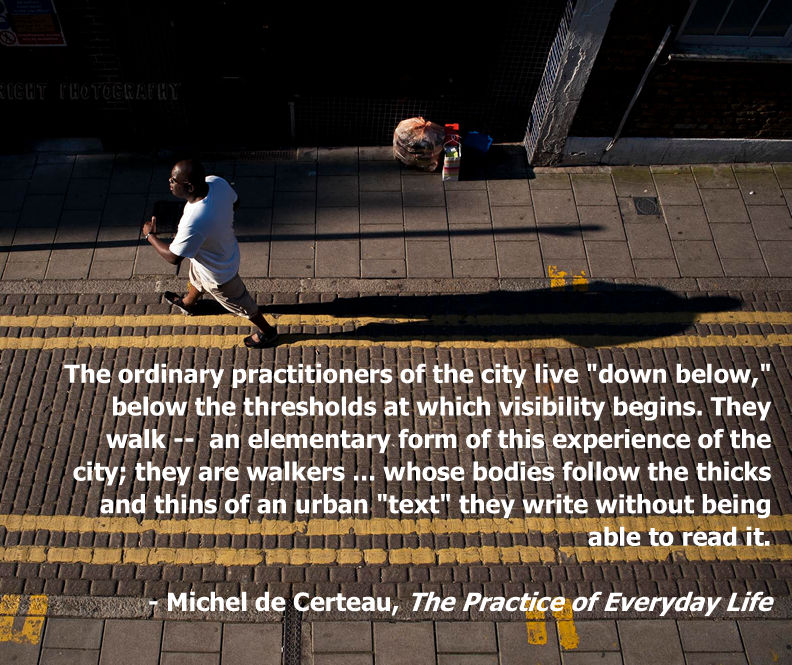 Read more (PDF).
Read more (PDF).

A Peer Reviewed Blog
 Read more (PDF).
Read more (PDF).
 In Sex/Gender: Biology in a Social World, Anne Fausto-Sterling provides us with an interesting metaphor with which to think about the nature/nurture debate. Sometimes the discussion is framed in terms of how much nature and nurture each contribute, as if they’re taking turns filling a bucket. Imagine a 100 gallon bucket:
In Sex/Gender: Biology in a Social World, Anne Fausto-Sterling provides us with an interesting metaphor with which to think about the nature/nurture debate. Sometimes the discussion is framed in terms of how much nature and nurture each contribute, as if they’re taking turns filling a bucket. Imagine a 100 gallon bucket:
Suppose two people (oh call one Mr. Nature and the other Ms. Nurture) are filling up that bucket with separate hoses. If Mr. Nature added 70 gallons and Ms Nurture 30, then we could say that the 100 gallons is due 70 percent to nature and 30 percent to nurture. (113) Continue reading “Discourse All the Way Down”
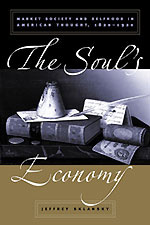 In The Soul’s Economy: Market Society and Selfhood in American Thought, 1820-1920, Jeffrey Sklansky argues that there’s a fundamental shift in American views on freedom and self-determination in the nineteenth century. While the American revolutionaries thought of freedom and self-determination as tied to property and wealth—i.e., material interests—with the rise of romantic authors like Ralph Waldo Emerson and others, freedom and self-determination shifted to some sort of interior freedom of thought.
In The Soul’s Economy: Market Society and Selfhood in American Thought, 1820-1920, Jeffrey Sklansky argues that there’s a fundamental shift in American views on freedom and self-determination in the nineteenth century. While the American revolutionaries thought of freedom and self-determination as tied to property and wealth—i.e., material interests—with the rise of romantic authors like Ralph Waldo Emerson and others, freedom and self-determination shifted to some sort of interior freedom of thought.
[I]n severing the bond between selfhood—or, in the language of the early republic, independence or liberty or virtue—and property, these writers did not necessarily question the transformation of self-employed farming and artisan families into propertyless wage earners. By identifying moral agency with the “inner self” rather than with political and economic sovereignty, they effectively redefined the founding ideals of freedom and democracy in ways that did not directly conflict with the revolution in property relations. (37)
According to Sklansky, they inadvertently “provided ideological cover for class inequality” (72).
Is your body free? Or just your soul?
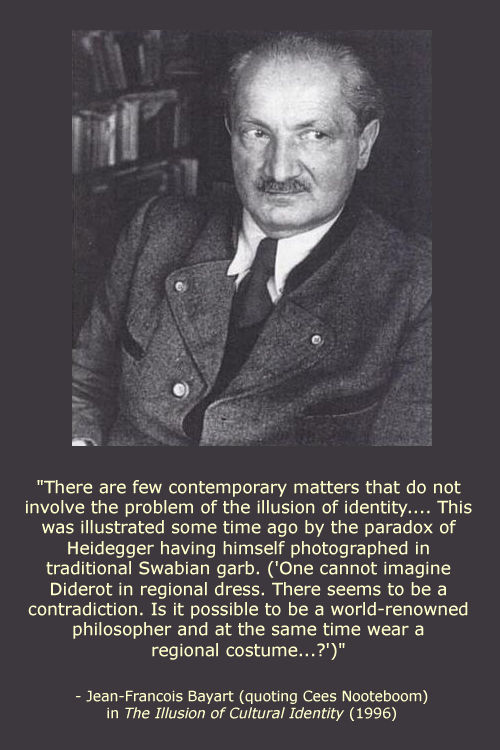 Read more.
Read more.
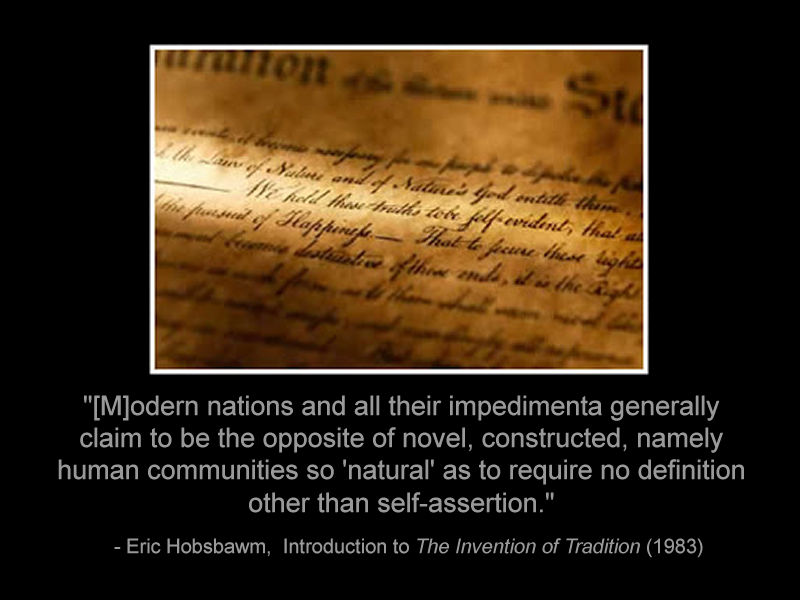 Read more.
Read more.

Last Thursday, a court in Bangladesh revoked the charter of the political party Jamaat-e-Islami (see news reports here and here). According to the petitioners who requested the ruling, some aspects of Jamaat’s charter contradicted Bangladesh’s constitution, particularly Jamaat’s promotion of a “religious” agenda that contravenes Bangladesh’s foundation as a secular nation. Continue reading “Democratic Principles or Convenient Principles?”
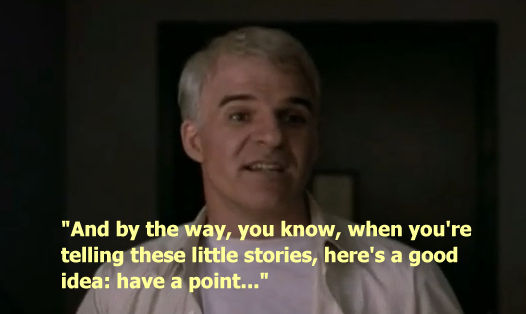 I was watching a rerun of a show on television the other night, about emotions in animals, when one of the scientists interviewed talked about how a variety of solitary observations can build up to a considerable body of observational data — “the plural of anecdote is data” he said. It’s a line, I later realized, that has been attributed to, among others, Raymond Wolfinger, a retired political scientist professor at Berkeley (see more here). Continue reading “What’s the Point?”
I was watching a rerun of a show on television the other night, about emotions in animals, when one of the scientists interviewed talked about how a variety of solitary observations can build up to a considerable body of observational data — “the plural of anecdote is data” he said. It’s a line, I later realized, that has been attributed to, among others, Raymond Wolfinger, a retired political scientist professor at Berkeley (see more here). Continue reading “What’s the Point?”
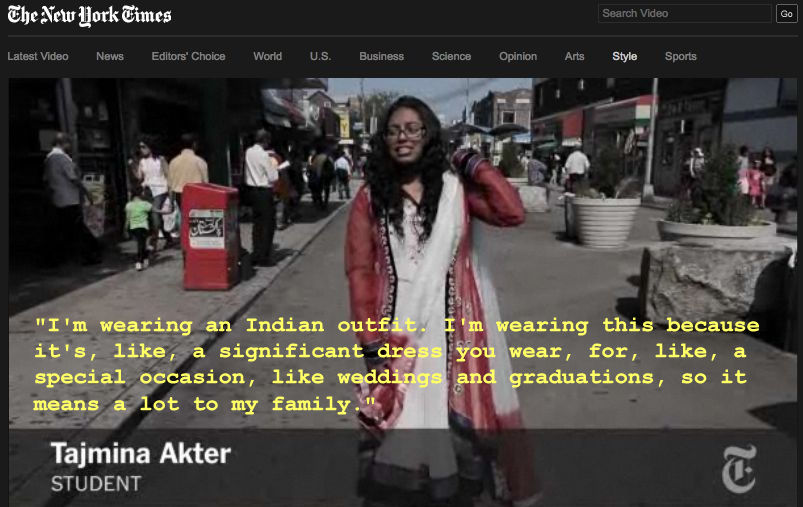 But she doesn’t seem to be at anything like a wedding or a graduation now; instead, she seems to be out shopping or walking in New York City.
But she doesn’t seem to be at anything like a wedding or a graduation now; instead, she seems to be out shopping or walking in New York City.
When is an innovation too innovative?
Watch the video, “Modern Takes on Tradition,” here.
 A recent news story has many, especially those in academia, buzzing and debating. Some of the (sensationalist) headlines read:
A recent news story has many, especially those in academia, buzzing and debating. Some of the (sensationalist) headlines read:
2) “University Prof Keeps Job After Newspaper Reveals Shocking Secret”
The first sentence of the first story included just the right recipe of words for juxtaposing St. James’s identity over and against his past and present, it reads, “…connected the dots between the 61-year-old’s peaceful life as an academic and his violent past as Jim Wolcott, known murderer.” A journalist from the Georgetown Advocate even had the opportunity to sit down with the St. James, at a bar, and interview him. Continue reading “Getting Away With Murder”
“Indeed, it will be argued here that nostalgia is a distinctly modern word, an idea dependent on a way of worlding that is distinctive to modernity….”
Read more.